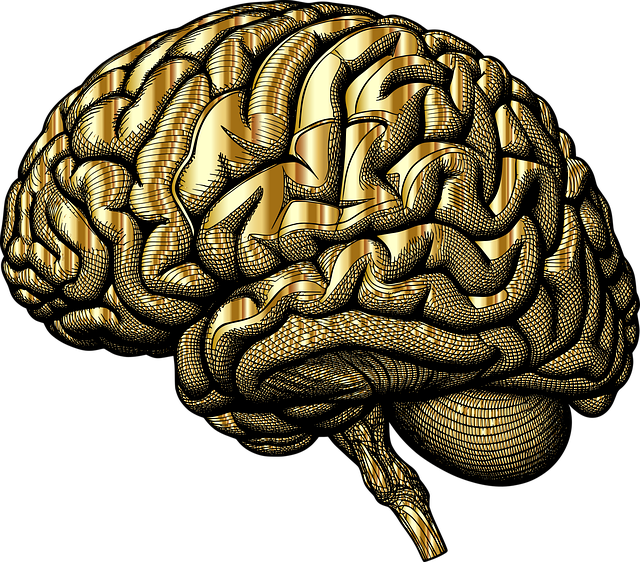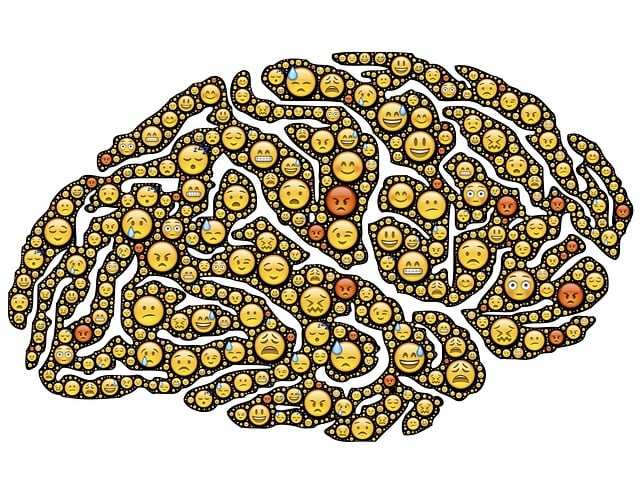Lafayette Cognitive Processing Therapy (LCPT) offers a structured, personalized approach to mental health treatment, focusing on modifying negative thought patterns and improving mood management. By combining LCPT with stigma-reducing initiatives, community outreach, and education programs, individuals receive not just effective treatment but also societal acceptance. This therapy equips clients with coping strategies, enhances resilience, and promotes well-being through culturally sensitive practices, making it a game-changer in mental health care.
“Mental illness diagnosis and treatment navigation can be complex, but support is available. This comprehensive guide delves into the intricacies of understanding mental health conditions, with a focus on Lafayette Cognitive Processing Therapy (LCPT) as an effective treatment approach. We explore personalized care options, strategies to overcome stigma, and long-term management techniques. By navigating these aspects, individuals can access the right support, fostering resilience and improved mental well-being.”
- Understanding Mental Illness Diagnoses: A Comprehensive Guide
- The Role of Lafayette Cognitive Processing Therapy (LCPT) in Treatment
- Navigating Treatment Options: Personalized Care and Support
- Overcoming Stigma: Encouraging Help-Seeking Behavior
- Building Resilience: Long-Term Management Strategies
Understanding Mental Illness Diagnoses: A Comprehensive Guide

Understanding Mental Illness Diagnoses: A Comprehensive Guide
Mental illness diagnoses can seem like a mysterious labyrinth to those unfamiliar with its nuances. However, with the right guidance, navigating this landscape becomes more manageable. Lafayette Cognitive Processing Therapy (LCPT) is one such tool that empowers individuals to demystify their mental health journey. LCPT focuses on identifying and modifying negative thought patterns, helping patients gain insights into their cognitive processes and improve overall mood management. This evidence-based therapy has proven effective in addressing a range of mental health concerns.
Beyond therapy, Mental Illness Stigma Reduction Efforts play a pivotal role in fostering supportive communities. By educating the public and promoting understanding, these initiatives break down barriers. Community Outreach Program Implementations can act as catalysts for positive change, connecting individuals with needed resources and support networks. This collective effort ensures that those facing mental illness receive not only effective treatment but also the societal acceptance they deserve.
The Role of Lafayette Cognitive Processing Therapy (LCPT) in Treatment

Lafayette Cognitive Processing Therapy (LCPT) emerges as a powerful tool within the realm of mental health treatment, offering a structured approach to addressing various cognitive and emotional challenges. This therapy focuses on identifying and modifying negative thought patterns, thereby empowering individuals to gain a deeper understanding of their conditions. By delving into the intricate connections between thoughts, feelings, and behaviors, LCPT enables clients to develop effective coping strategies and enhance their overall well-being.
The therapeutic process involves teaching individuals conflict resolution techniques, fostering social skills training, and promoting positive self-talk—all essential components for navigating mental illness. In today’s digital era, where stress and anxiety prevalent, LCPT serves as a game-changer, helping folks manage symptoms and lead more fulfilling lives. Its effectiveness lies in its ability to revolutionize traditional therapy methods, ensuring personalized care that resonates with each client’s unique journey.
Navigating Treatment Options: Personalized Care and Support

Navigating treatment options is a critical step for individuals receiving a mental illness diagnosis. Personalized care plans that cater to each patient’s unique needs are essential in effective management. This involves collaborative efforts between the patient, their support network, and mental health professionals. One promising approach gaining traction is Lafayette Cognitive Processing Therapy (LCPT), which focuses on identifying and modifying negative thought patterns to enhance mood management and overall well-being.
Integrating LCPT into treatment regimens offers a tailored solution for many. It encourages patients to actively participate in their recovery through structured cognitive exercises. Moreover, incorporating risk assessment tools, such as those used in Risk Management Planning for Mental Health Professionals, ensures that potential risks are identified early and managed effectively. This comprehensive approach, combining personalized therapy like LCPT with strategic risk assessment, can significantly improve outcomes, promoting a healthier and more fulfilling life for individuals navigating their mental health journey.
Overcoming Stigma: Encouraging Help-Seeking Behavior

Stigma around mental illness is a significant barrier to individuals seeking help and receiving effective treatment. It often prevents folks from discussing their struggles openly and reaching out for support. In the spirit of fostering open dialogue, initiatives like Lafayette Cognitive Processing Therapy (LCPT) play a crucial role in combating this stigma. LCPT, combined with Self-Awareness Exercises, can help individuals understand that mental health challenges are common and treatable, encouraging them to prioritize their well-being without fear of judgment.
Mental Health Education Programs Design that focus on raising awareness and providing accurate information can dispel myths and misconceptions surrounding mental illness. By promoting understanding and empathy, these programs create a more inclusive environment where individuals feel comfortable discussing their experiences. Additionally, Social Skills Training within these education initiatives equips folks with the tools to navigate conversations about mental health openly, further reducing the stigma associated with seeking treatment.
Building Resilience: Long-Term Management Strategies

Mental illness requires a multifaceted approach to effectively manage and overcome challenges. Building resilience is an essential long-term strategy that empowers individuals to navigate their mental health journeys with strength and adaptability. Lafayette Cognitive Processing Therapy (LCPT) is a highly effective therapeutic approach that focuses on identifying and modifying negative thought patterns, thereby enhancing emotional healing processes. This form of therapy not only helps in the short term but also equips individuals with skills to cope with future stressors, boosting their overall confidence and resilience.
Cultural sensitivity in mental healthcare practice plays a significant role in this context. By understanding and incorporating cultural nuances, therapists can tailor their approach, ensuring that treatment aligns with the individual’s values and beliefs. This personalized care fosters trust and commitment, making it easier for clients to engage in emotional healing processes. Ultimately, combining effective therapy like LCPT with culturally sensitive practices paves the way for sustainable mental well-being.
Mental illness diagnosis and treatment can be a complex journey, but with the right guidance, individuals can navigate this path effectively. By understanding mental health conditions through comprehensive resources like our guide on diagnoses, exploring evidence-based therapies such as Lafayette Cognitive Processing Therapy (LCPT), and accessing personalized support for their specific needs, people can find success in their treatment. Overcoming stigma and building resilience are crucial components of long-term management strategies, fostering a healthier and more supportive environment for all.











